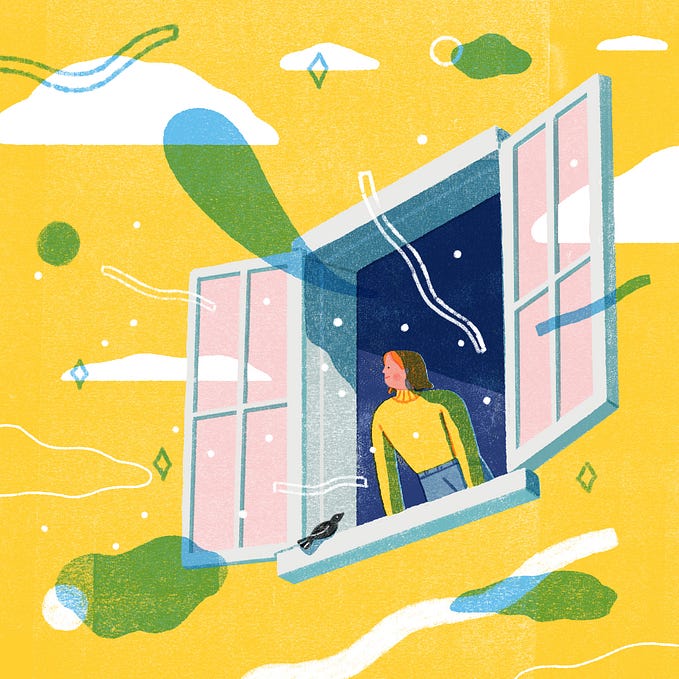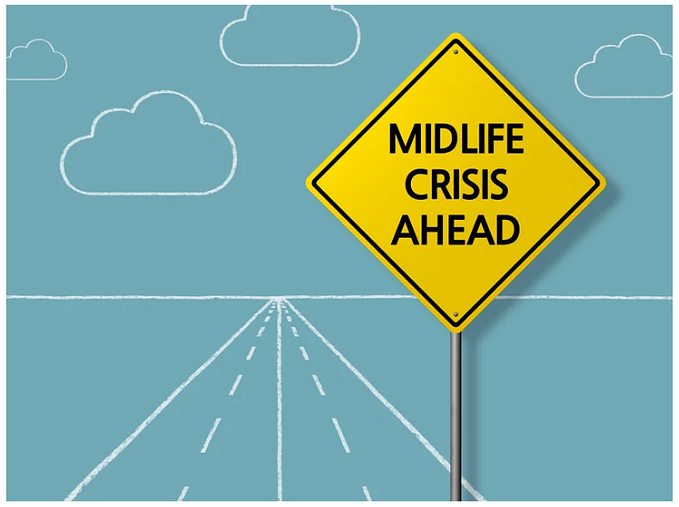Isolation Is Hard Enough; Let’s Stop Worrying About Weight Gain
How the chatter about quarantine weight gain impacts those with disordered eating

As the coronavirus has spread in the United States, our lives have changed drastically — in ways we likely never anticipated. Feeling scared, uncertain, frustrated, or even panicked are emotions appropriate to the underlying confusion and loss of control generated by the pandemic. It is, of course, natural to experience distress in response to a severe health threat. Some amount of anxiety can even be motivating — reminding us to wash hands, avoid crowds, or make alternative plans.
There is one type of anxiety, however, that many of us may be feeling that isn’t productive at all: fear of gaining weight in isolation.
As students returned to school for the first time since the spring, the United Kingdom’s National Obesity Forum offered a suggestion: Why not weigh children at the beginning of the year and then again in the spring to ensure they lose any weight gained during lockdown? This not-so-subtle focus on weight loss even during a crisis is harmful to everyone, especially those struggling with an eating disorder or body image issues. The past 10 months of forced isolation and departure from routines and rituals have wreaked havoc on many who suffer from anorexia nervosa, bulimia nervosa, binge eating disorder, and other specified feeding and eating disorders, and may already be in a compromised state from their illness.
It can feel overwhelming as we continue to endure isolation and adapt to a society reshaped by a deadly pandemic. Jokes, memes, and commentary that reinforce diet culture abound. Instagram captions jokingly lamenting that Covid-19 has postponed summer bodies until 2021 and memes showing binge-eating quarantine snacks all reflect the fat-phobic mantra that gaining weight is an inherently bad thing. Those struggling with an eating disorder may be particularly vulnerable to the message that gaining weight is the worst possible outcome of self-isolation.
This could not be further from the truth.
An eating disorder is a mental illness that thrives in isolation — which means that those in recovery have found themselves in “survival mode” during this unprecedented crisis. The virus has brought with it a sense of feeling out of control and all sorts of hard to answer questions: How can we prevent ourselves from catching the virus? How long do we need to be in self-isolation? Will there be food scarcity and insecurity caused by panic buying or economic stressors? From the start, this pandemic has been riddled with uncertainty. Those in recovery may find themselves identifying with old eating disorder thoughts, not because their body has changed but because their emotions surrounding the coronavirus and social distancing feel so out of control, and they are yearning for something familiar to grasp onto.
Instagram captions jokingly lamenting that Covid-19 has postponed summer bodies until 2021 and memes showing binge-eating quarantine snacks all reflect the fat-phobic mantra that gaining weight is an inherently bad thing.
Whether someone is struggling with disordered eating, seeking help for the first time, or actively in recovery, there are strategies and skills to utilize when feeling immobilized or overwhelmed by stress and panic. It may seem out of reach but creating stability and getting support can show you it’s possible. With practice and persistence, change is possible.
Gently remind yourself that it’s okay to feel anxious. Secondary reactions of guilt or judgement for feeling scared can amplify an already difficult situation. If anxiety and fear begin to feel overwhelming, anchor yourself in the present. Anxiety is often caused by fixating on what could happen. Press your feet into the floor, take time to breathe deeply, and remind yourself what is happening in the present moment.
Reducing media consumption (yes, this includes social media!) and being a selective consumer of information can reduce unnecessary stress. Avoid over-saturating yourself in pandemic related news and unfollow social media accounts that make you feel worse about yourself and your body. Curating your online experience is something you’ll always have the power to do.
Finally, keep your mental health and recovery a priority. If you’re in treatment, continue! Many providers are offering options for telehealth, making it easier and more convenient for people to get the help they need. If you need to connect with professional support, access a Disaster Distress Hotline at 1–800–985–5990 or text TalkWithUs to 66746. For eating disorder recovery support, contact The Renfrew Center at 1–800-RENFREW (736–3739).
Continue to take Covid-19 precautions, take in news from reputable sources, and remind yourself that diet culture has no place in this journey back to a more normal way of life.









